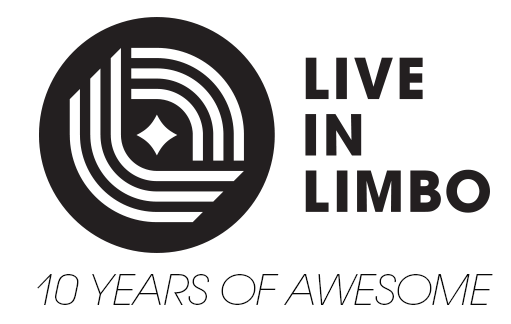
I think every music fan has a band or two they loved who didn’t quite make it. Maybe their big single didn’t get enough airplay, maybe they had problems with distribution or maybe the band just didn’t have it in them to stick around. Really, all of music history is littered with could’ve-beens and never-was’.
A new coffee table book by the people behind American Hardcore takes a look at several of these groups. Individually, they show how fickle and random a career in music is, with careers ruined by addictions, bad marketing or even simple twists of fate. It’s depressing, sure, but it’s also sobering: the music business is rough now and was doubly back in the 60s and 70s, before platforms like YouTube, Bandcamp or even college radio could spread new and challenging music.
While a few of the artists here are relatively unknown, there are a good many names that’ll be familiar to music buffs. For example, there’s a chapter on Betty Davis, who is usually remembered as the lady who introduced Miles Davis to artists like Sly Stone and Jimi Hendrix. What’s less remembered is Betty Davis’ own career as a hard-driving, R&B artist who made aggressive funky and sex-positive music; even now, a good 40 years after her last recordings, Davis’ records still sound fresh.
Another familiar artist is Gloria Davis. Sure, her song “Tainted Love” became a huge hit for Soft Cell in the 80s, but her original has found it’s way onto many soundtracks; I remember first hearing it on one of the Grand Theft Auto games a while back.
There’s also a real pleasure is digging into the artists who aren’t familiar yet should be: Evie Sands’ 1969 single “Any Way You Want Me” is a great slice of 60s AM pop, while Chris Robison was behind some great 70s power pop with Stumblebunny’s single “Tonite.”
But where the book really gets interesting is when the artists talk about their careers and why things didn’t work out for them. Take the above two artists. Sands had a hit single, but when she wanted to write, perform and produce her own music, her label balked. Or Robison: although his bands had great chops and pop hooks, he writing songs about being openly gay in the mid 70s and no major label would touch his records. For both, it was a matter of discrimination and being ahead of their time.
Other artists profiled by Blush had other examples of bad luck. For example, Lightning Raiders were caught in an issue with their label and dropped right before they could release their first record. For Gloria Jones it was tragic: when her partner Marc Bolan died, her career came to a halt and she focused on raising her son. And there’s Jake Holmes, whose song “Dazed and Confused” was ripped off by Led Zeppelin; decades later, in 2010, he and the band settled out of court.
And so, taken as a whole, it shows the shadow history the music industry: a place where creativity is encouraged, but only when it’s not too creative. Where it’s okay to follow trends, but dangerous to set them yourself. Where you can be different, but not too different.
The thing is, none of these artists made records you could call bad, or even just mundane. In some cases, their music is as good as any of their peers. But in each case, the thing making them stand out was often what kept them at arm’s length from fame.
In his large-format book, Blush does a good job profiling these musicians. I would’ve preferred some of his pieces to be a little longer, since a few are only a couple pages long, but others are full of interesting stories and personalities. I know I found myself looking their music up on YouTube and elsewhere after reading each chapter.
However, you might not have to go to all that work. In the back, it’s mentioned the book was written in conjunction with a documentary of the same name; according to IMDB it’s set for release this year, but without much more information. Which is fine: I think for now, the book does a good job introducing these artists and giving them the exposure they deserve.

